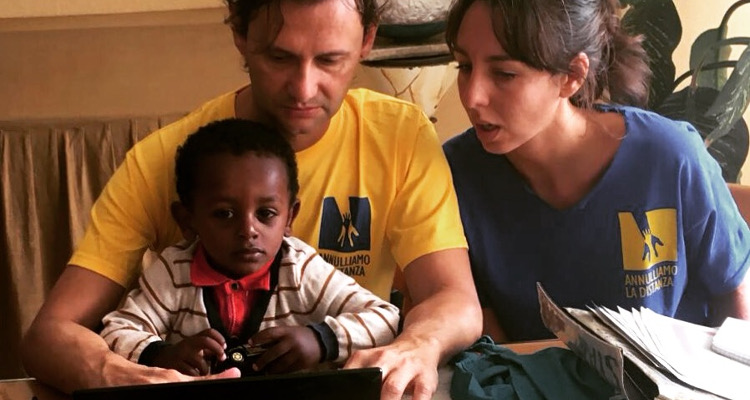
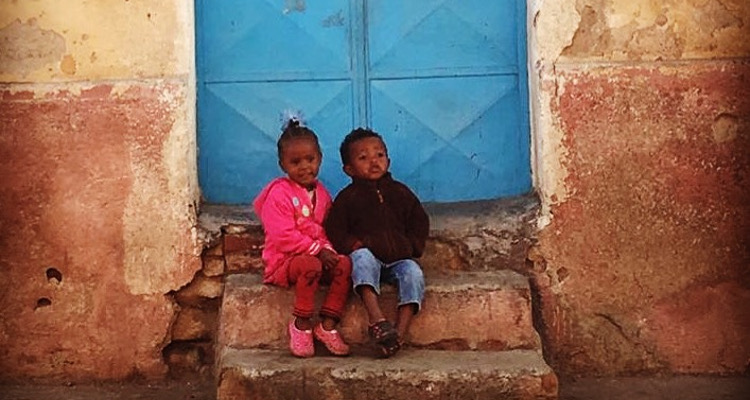
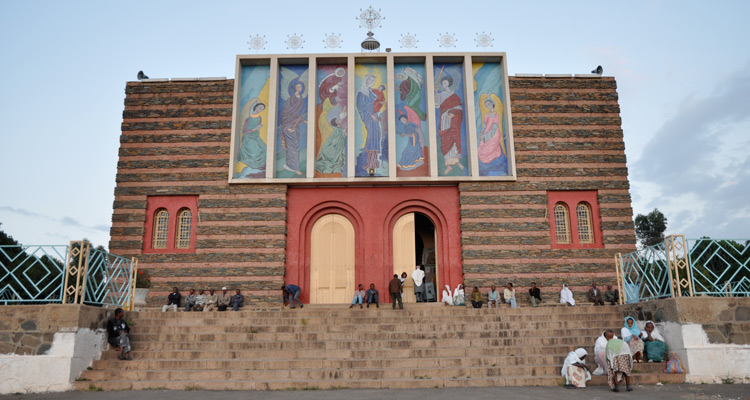
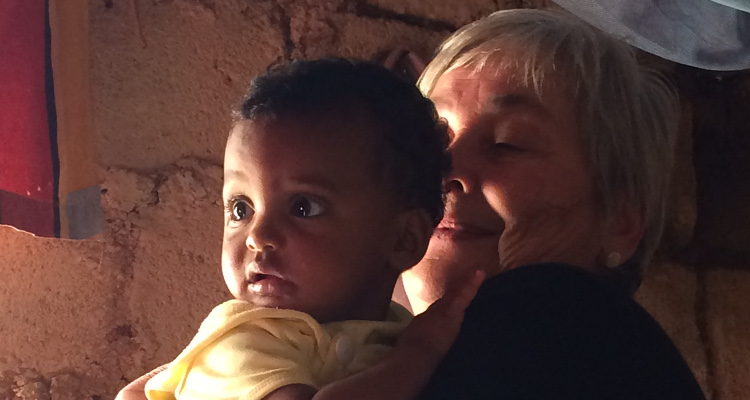
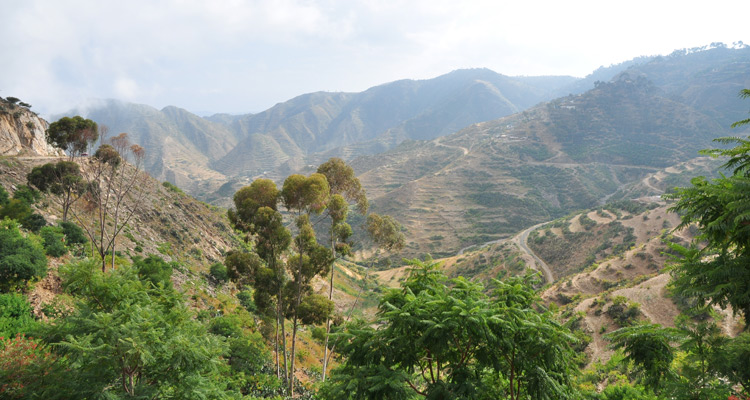
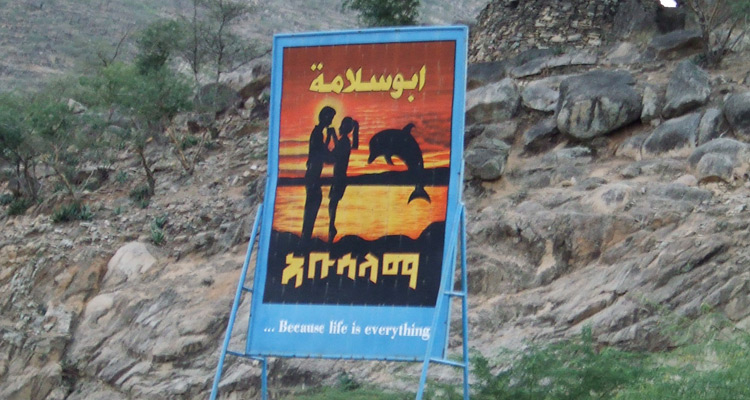
Adopt the red ribbon
- Where: ASMARA, ERITREA
- What we do: ECONOMIC, PSYCHOLOGICAL SUPPORT
- For whom: 96 HIV POSITIVE PEOPLE
- What you can do: DONATE 10€ A MONTH
Title of the project
Adopt the red ribbon
Place of the action
Asmara, Eritrea
Description of the context
Eritrea is one of the poorest countries in the world; however, Eritrean Government has launched for many years awareness campaigns on HIV infection. Although important results have been achieved, many people who were infected cannot take an appropriate antiretroviral therapy.
Health care facilities are insufficient and famine is still an issue in Eritrea. Most of the people HIV positive feel desperate and alone: they do not see a bright future coming.
There have been many attempts of suicide. Children and young people who live this situation are showing strong signs of discomfort and suffering.
Due to insufficient public health services and assistance, many people with HIV/AIDS rely on religious congregations or local communities for support. The association BDHO (Association of people living with HIV/AIDS) was born to give a concrete response to the needs of HIV-positive people and their families. Since 2016, Anladi has collaborated with BDHO and the community of Ghezzabanda (a neighbourhood in Asmara) to support people with HIV or AIDS. In 2018, the number of family units included in the initiative increased to 59, with a total of 139 boys and girls who, unfortunately, have been transmitted the virus by their parents. These families are very poor and roughly each family has about 4/5 children: in most cases the women are alone because husbands have already died due to the infection. They come from the poorest areas of Eritrean villages. Once a month AnlaDi provides personal care products and food, such as milk powder.
The community women assist them, in cooperation with professional nurses of the Asmara Hospital, not only with drugs and food but also ‘psychologically’ with support groups. However, these families still need a lot of help: food, hygiene products, specific therapies, food, and to pay the house rent. The house rent is indeed an issue for both the people living in the city centre or suburbs, and the people living in villages. The houses are about 12/15 square meters: they are not paved and have curtains instead of doors. Inside the house, there is a double or single bed, a small table, chairs or stools, bags used as a wardrobe, a plastic barrel for water, a small stove for cooking. On the crumbling walls, there are sometimes pieces of coloured cloth in the vain attempt to make the house a cheerful place. The roof consists in a metal sheet. If existing, the toilet is located outside and serves the neighbours too. The rental is approximately (senza of) NFK 400 per month (around EUR 23): if you do not pay, the owner of the house can immediately evict you.
The project
The main objectives of the project are :
1) Support the families by sustaining the local community for the purchase of food, drugs, paying the rent, etc. (EUR 13,000 a year)
2) Specific training to the community women and volunteers for HIV and AIDS assistance and better psychological support. The trainers are psychologists and medical doctors belonging to Annulliamo la Distanza. (3000 euro)
3) Emergency fund (2000 Euro).
Achieved results
Regarding the direct assistance to families, there was no monitoring mission in 2020 due to the Coronavirus pandemic. In any case, thanks to the partnership with the Ursuline nuns of Asmara, each family received funds for their livelihood. From the numerous telephone calls held during the year, the last one in November, a rather heavy situation emerges due to the long lockdown that also limits internal trade throughout Eritrea. This situation heavily affects these families both from a psychological point of view for the isolation to which they are subject and for their sustenance. Following the request of the families to build a chicken farm, as a possibility of income through the sale of eggs and chickens, the sum of € 3000 was sent as a contribution to support this initiative. However, because the lockdown still in force in Eritrea has made it very difficult to access construction material, the project has been blocked since the outbreak of the pandemic.

